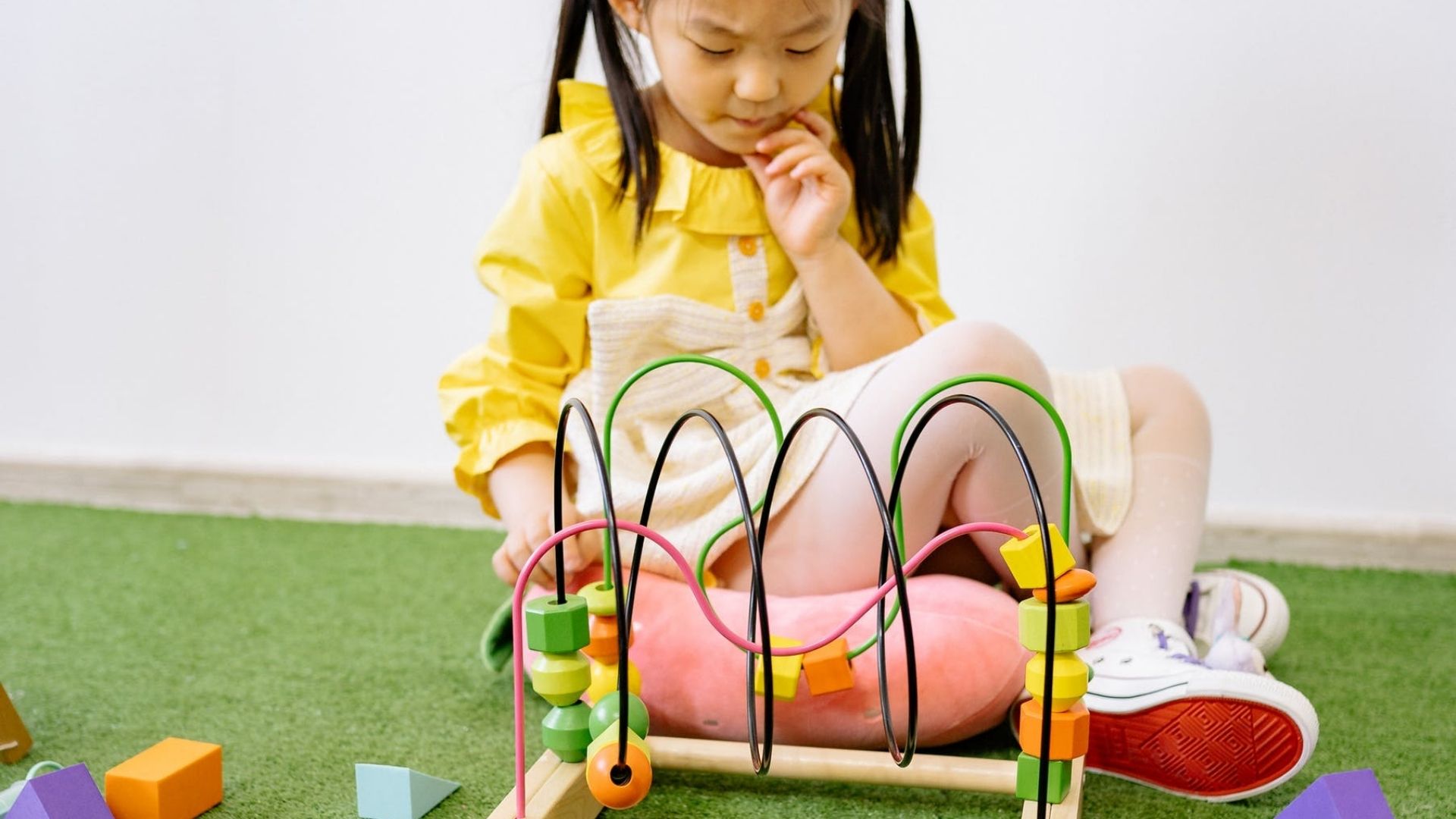May 24, 2021
For a decade, Montessori schools have multiplied in France : There are about 200 establishments claiming this name today, according to the Montessori association of France.
Inspired by the pedagogy invented at the beginning of the twentieth century by Maria Montessori, an Italian doctor and pedagogue, these private schools do everything to promote the autonomy of children who freely choose their activities and evolve in an adapted environment (furniture, equipment, rhythm, etc.).
The philosophy behind this pedagogy is simple: to allow the development and expression of the potential of each child individually, thanks to an adequate environment and respect for his personality.
There are few studies that attest to the effectiveness of the Montessori method in kindergarten
Originally Maria Montessori worked with disabled children and / or poor neighborhoods in Rome, but today Montessori pedagogy is very fashionable among the upper classes. And it has even become a magic word for selling toys for a very high price.
But Does Montessori pedagogy really have a positive impact on children’s skills development? Is it worth putting your children in a Montessori kindergarten ($ 8,000 a year)? Jérôme Prado, CNRS researcher at the Lyon-CRNL Neuroscience Research Center, explains that so far there have not been many scientific studies on the Montessori method.
“Although it appears to be in line with several principles of learning and development revealed by the cognitive sciences and educational sciences, research on Montessori education in kindergarten remains very limited in the world. These also tend to focus on children from higher socioeconomic backgrounds.
To date, there is no randomized controlled trial comparing the Montessori method with structured teaching as can be found in French public kindergartens. “
This gap was partially remedied thanks to a study he conducted with other scientists in a kindergarten in Lyon in a reinforced priority education network. For several years, half of the school’s classes adopted Montessori pedagogy, while the other half continued to operate in a traditional way. The children were randomly assigned to a class type and were then monitored by the scientists.
Les chercheurs et chercheuses ont comparé les progrès des deux populations d’élèves “Montessori” et “Conventionnelle” entre elles, et avec un troisième groupe d’enfants étudiant au sein d’une école maternelle Montessori privée située in a neighborhood plus privilégié de la city.
A total of 176 children between the ages of 5 and 6 were cross-compared and 70 of them were followed longitudinally from the beginning of kindergarten (3 years) to the end of kindergarten (6 years).
No significant differences in social skills or math skills
The results of this long-term study were published in May 2021 in the journal child development and they show it Montessori pedagogy in school is not a miraculous solution for increasing children’s skills.
The performances of the two groups of children in the public kindergarten were in fact similar in terms of mathematical skills, social skills and executive functions (the set of cognitive skills that allow us to act in an organized way to achieve Our goals).
The only difference between the children of the “Montessori” course and the children of the conventional course was in reading skillsexplains Jérôme Prado.
“The children in the Montessori classes performed better in reading than those in the traditional classes at the end of the large section.
Interestingly, these superior reading performances were found to be comparable to those of the most advantaged children in the Montessori private kindergarten. This was all the more evident as children in this private school tended to perform better than children in public school on several other measures, thus confirming the effect of social and economic inequalities on early learning.
In other words, the Montessori curriculum made it possible to do thismitigate the effect of these inequalities on the beginnings of reading learning! “
Will this beneficial effect on reading be enough to convince National Education to develop Montessori pedagogy in public schools? When you know the importance of mastering reading for the rest of your education, you can say that the ministry will at least think about it …
Meanwhile, many teachers will continue to draw inspiration from the principles developed by Maria Montessori in public nursery classrooms, without necessarily having the Montessori label (nor the university fees that come with it!).
More articles on
School
-
At school, there should be a TRUE equality education (it’s the law!), But that’s far from the case
-
This app wants to help school bullied children, here’s how
-
When will there be real sex education? Family planning challenges candidates
-
“We are at the end”: 4 parents tell of their covid return to confused protocols
-
Up to 10 years in prison for school harassment: the National Assembly voted yes. And now ?
Source: Madmoizelle
Lloyd Grunewald is an author at “The Fashion Vibes”. He is a talented writer who focuses on bringing the latest entertainment-related news to his readers. With a deep understanding of the entertainment industry and a passion for writing, Lloyd delivers engaging articles that keep his readers informed and entertained.





